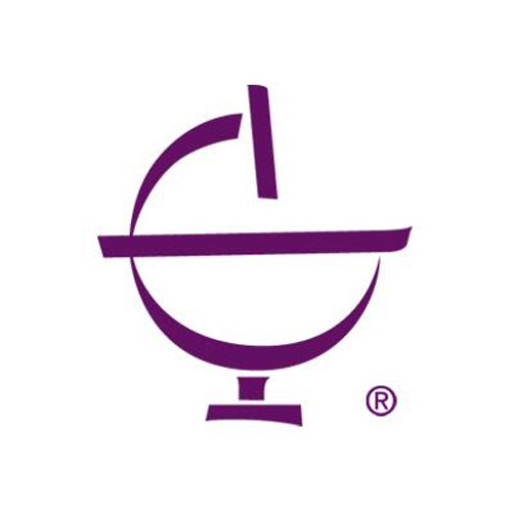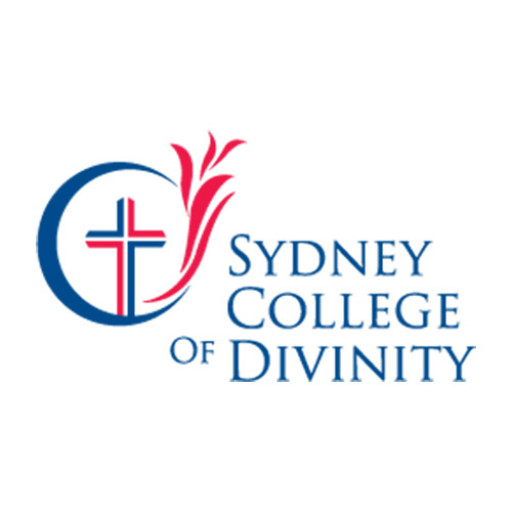The Bachelor of Screen Arts at Curtin University offers students a comprehensive and immersive education in the dynamic fields of screen production, filmmaking, and digital media. Designed to equip graduates with both practical skills and theoretical knowledge, the program provides a pathway into the competitive world of screen arts, including filmmaking, television production, animation, and new media. Students will engage with a diverse curriculum that covers storytelling fundamentals, scriptwriting, production planning, camera work, editing, sound design, and visual effects, fostering a well-rounded understanding of the entire production process. The program emphasizes hands-on learning through real-world projects, industry placements, and collaborations with media organizations, ensuring students gain valuable industry experience and develop a professional portfolio. Faculty with extensive industry backgrounds mentor students, encouraging innovation and creativity in their work. In addition to technical skills, learners will explore the cultural, social, and ethical aspects of media production, preparing them to navigate the rapidly evolving landscape of screen arts. State-of-the-art facilities, including professional-grade studios, editing suites, and cutting-edge equipment, support practical training. Graduates of this degree are prepared to pursue careers as filmmakers, television producers, video editors, motion graphic artists, and media content creators, or to continue their studies in postgraduate programs. The Bachelor of Screen Arts at Curtin University is committed to fostering artistic expression, technical excellence, and a deep understanding of media practices to prepare students for successful careers in the global screen industry.
The Bachelor of Film and Screen Arts at Curtin University offers students a comprehensive education in the art and craft of filmmaking, screen production, and digital media. The program is designed to develop practical skills, theoretical knowledge, and creative thinking necessary for a successful career in the dynamic industry of film and screen arts. Students will explore various aspects of filmmaking, including scriptwriting, directing, cinematography, editing, sound design, and production management, gaining hands-on experience through studio work, workshops, and collaborative projects. The curriculum emphasizes storytelling, visual literacy, and technological proficiency, preparing graduates to adapt to emerging trends and platforms in digital media.
Throughout the course, students will have opportunities to work on real-world projects, participate in industry placements, and showcase their work at film festivals and screenings. They will learn to use industry-standard software and equipment, build a professional portfolio, and critically analyze existing films and media content. The program fosters innovation, entrepreneurship, and ethical practices within the creative industries, encouraging students to develop unique voices and perspectives. Additionally, students will engage with contemporary issues related to media, society, and culture, gaining a well-rounded understanding of the impact of screen arts in the modern world.
Curtin’s state-of-the-art facilities include dedicated film studios, editing suites, sound stages, and production equipment, providing a professional environment for learning and experimentation. The program is delivered by experienced industry professionals and academics who bring real-world insights and mentorship to students’ educational journeys. With a focus on practical skills and industry readiness, graduates of the Bachelor of Film and Screen Arts are well-equipped to pursue careers in film production, television, digital media, content creation, and related fields. Whether aspiring to be a director, producer, cinematographer, or screenwriter, students are supported to realize their creative ambitions and succeed in the competitive entertainment industry.
Program requirements for the Bachelor of Screen Arts at Curtin University include a combination of core units, electives, and practical studio components designed to develop students' skills in film, television, digital media, and related industries. Prospective students are expected to have a satisfactory academic record and demonstrate an interest in screen production, storytelling, and media arts. The program typically requires the completion of foundational courses such as Introduction to Screen Arts, Visual Storytelling, and Media Production Techniques. Students must undertake theoretical units in media theory, screen history, and cultural studies to deepen their understanding of the industry context and historical developments.
Throughout their studies, students are engaged in practical workshops and studio-based units that emphasize hands-on experience in screenwriting, directing, editing, cinematography, and sound design. These practical components are crucial for developing technical proficiency and creative expression. The program often includes collaborative projects, enabling students to work in teams and simulate professional production environments. Industry placements or internships may be encouraged or required to provide real-world exposure and networking opportunities.
Assessments typically comprise a mixture of essays, project work, presentations, and production portfolios. To qualify for graduation, students must accumulate a minimum number of credit points, successfully complete all core units, and demonstrate competence in both theoretical knowledge and practical skills. Entry requirements generally include completion of secondary education with relevant academic performance, and for international students, proof of English language proficiency. Additional selections steps, such as interviews or submission of a portfolio, might be part of the admission process. Overall, the program aims to produce graduates equipped with both creative and professional skills ready to enter the competitive media and entertainment industry.
The Bachelor of Screen Arts at Curtin University offers a range of study options and financing opportunities to support students throughout their academic journey. The program's tuition fees vary depending on whether students are domestic or international. Domestic students benefit from subsidized tuition fees under the Australian Government's Higher Education Support Scheme (HECS-HELP), which allows them to defer payment until their income reaches a certain threshold. International students pay full tuition fees, which are outlined annually on the university's official website and can range depending on the specific courses undertaken within the program.
Curtin University provides various financial aid options, including scholarships for both domestic and international students. These scholarships are awarded based on academic achievement, talent, or financial need and can significantly reduce the financial burden of higher education. Students are encouraged to explore external funding sources, such as government grants, bursaries, and private scholarships, which can complement University-sponsored financial assistance.
In addition to scholarships, students may consider education loans or payment plans offered by the university. Curtin’s Tuition Payment Options enable students to spread the cost of their education over manageable installments, making financing more accessible. For domestic students, the Australian Government’s HECS-HELP scheme allows deferred payment, which is repaid through the taxation system once the student’s income exceeds a certain threshold.
Living expenses are an important aspect of financing studies and include accommodation, food, transportation, books, and personal expenses. Curtin University is located in Perth, offering a variety of on-campus and off-campus accommodation options ranging from university residences to private rentals. The cost of living in Perth varies but generally includes accommodation costs, which can range from AUD 150 to AUD 350 per week depending on the type of accommodation. Other expenses, such as transportation, can be managed through student concessions, while purchasing textbooks and supplies should be budgeted separately.
Students are advised to plan their finances carefully before commencing their studies. The university’s financial aid office provides information and guidance on available funding options, budgeting, and financial planning. International students must also budget for additional expenses such as health insurance (Overseas Student Health Cover), which is mandatory.
Overall, the financing of a Screen Arts degree at Curtin University is supported by a combination of government funding options, scholarships, payment plans, and personal financial management. Prospective students should consult the official Curtin University website and contact the student finance office directly for the most accurate and current information regarding tuition fees, scholarship opportunities, and financial aid options.
The Bachelor of Screen Arts at Curtin University offers students an in-depth exploration of the dynamic and diverse industry of screen production. This comprehensive program is designed to develop students' practical skills in film and television production, including directing, cinematography, editing, and screenwriting, alongside a theoretical understanding of the history and development of the screen arts. Throughout the course, students engage with hands-on projects, collaborating in teams to produce short films, documentaries, and other screen content, preparing them for varied roles within the industry. The curriculum emphasizes creative storytelling, technical proficiency, and critical analysis, enabling graduates to adapt to the rapidly evolving media landscape. Students benefit from access to state-of-the-art facilities, including professional filming and editing suites, and are often encouraged to participate in industry placements or internships, providing valuable real-world experience. Curtin’s focus on innovation and industry relevance ensures that graduates are well-equipped to pursue careers as filmmakers, content creators, editors, cinematographers, and other screen arts professionals. The program also fosters entrepreneurial skills, enabling students to develop their own projects and navigate the business aspects of the screen industry. With a combination of theoretical understanding and practical application, the Bachelor of Screen Arts prepares students for successful careers in film, television, digital media, and other visual storytelling platforms. The program typically spans three years full-time study, with flexible study options available, and incorporates opportunities for international exchange, further enhancing students’ global perspectives. Graduates of the program are well-positioned to contribute creatively and technically to the evolving media industry, making meaningful work that resonates across diverse audiences worldwide.










